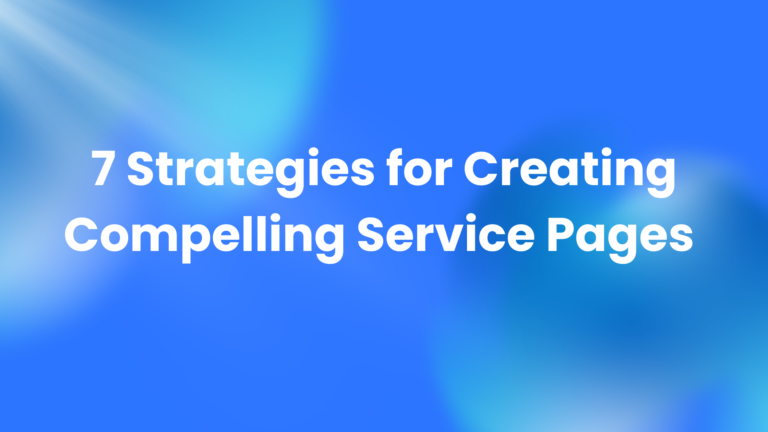How to Find Office Space for Your Small Business: A Step-by-Step Guide
Finding the right office space is a critical decision for any small business. The right location can boost your team’s productivity, enhance your brand image, and provide a welcoming environment for clients. But how do you navigate the complexities of the commercial real estate market? In this guide, we’ll explore how to find office space for small business, covering everything from budgeting to location scouting.
Why Finding the Right Office Space Matters
Before diving into the details, it’s essential to understand why the right office space is so important. A well-chosen office can support your business’s growth, help attract and retain top talent, and make a strong impression on clients. On the other hand, the wrong space can lead to high costs, logistical issues, and an uninspired work environment. That’s why knowing how to find office space for small business is a crucial skill for any entrepreneur.
How to Find Office Space for Small Business: Key Factors to Consider
1. Determine Your Budget
The first step in how to find office space for small business is to establish a realistic budget. Office costs can quickly add up, so it’s essential to know what you can afford. Consider not only the monthly rent but also additional expenses such as utilities, maintenance, and parking fees. A general rule of thumb is to allocate no more than 5-10% of your gross revenue to rent.
To avoid unexpected costs, always ask landlords about any hidden fees or costs that could arise. Understanding your total financial commitment helps you make an informed decision and prevents you from overextending your business.
2. Choose the Right Location
Location is everything when it comes to finding office space for your small business. You’ll want a location that’s convenient for both your employees and clients. Consider factors like proximity to public transportation, parking availability, and the overall safety of the area.
A central location can also enhance your brand’s visibility and make it easier for clients to visit. However, prime locations often come with a higher price tag. Weigh the benefits against the costs to find a balance that works for your business.
3. Evaluate the Space Requirements
Understanding your space needs is another critical aspect of how to find office space for small business. Think about how many employees you have and the type of workspace they need. Do you require private offices, open workstations, or a mix of both? Also, consider any special areas you might need, such as conference rooms, break areas, or storage space.
When evaluating potential office spaces, consider the layout and how it will accommodate your current team and potential future growth. It’s often better to choose a slightly larger space than you currently need to avoid having to move again in the near future.
How to Find Office Space for Small Business: Steps to Take
1. Start with Online Listings and Commercial Real Estate Websites
One of the easiest ways to start your search is by browsing online listings. Websites like LoopNet, Craigslist, and commercial real estate platforms offer a wide range of office spaces available for rent or lease. Use filters to narrow down your options based on location, size, and budget.
In addition, commercial real estate agents can provide valuable insights and access to listings that might not be available online. They can also help negotiate lease terms and ensure you’re getting the best deal.
2. Tour Multiple Properties
Before making a final decision, tour several properties to compare your options. Pay attention to the overall condition of the building, the quality of maintenance, and the amenities provided. Consider visiting the space at different times of the day to assess factors like natural light, noise levels, and traffic flow.
Ask detailed questions during your tours, such as the duration of the lease, options for renewal, and any flexibility in customizing the space to fit your business needs.
3. Review the Lease Agreement Carefully
The lease agreement is a binding contract, so it’s crucial to review it thoroughly. Look for clauses related to rent increases, maintenance responsibilities, and any restrictions on how you can use the space. It’s often wise to consult with a real estate attorney who can help you understand the terms and negotiate more favorable conditions.
Pay attention to the lease term length, especially if you’re a growing business. A long-term lease might lock you into a space that doesn’t meet your future needs, while a short-term lease can provide more flexibility.
Closing Thoughts
Finding the right office space for your small business requires careful planning, budgeting, and a clear understanding of your needs. By following these steps, you can secure a space that supports your business’s growth and success. Whether you’re just starting or expanding, taking the time to find the perfect office can make a significant difference in your day-to-day operations.








